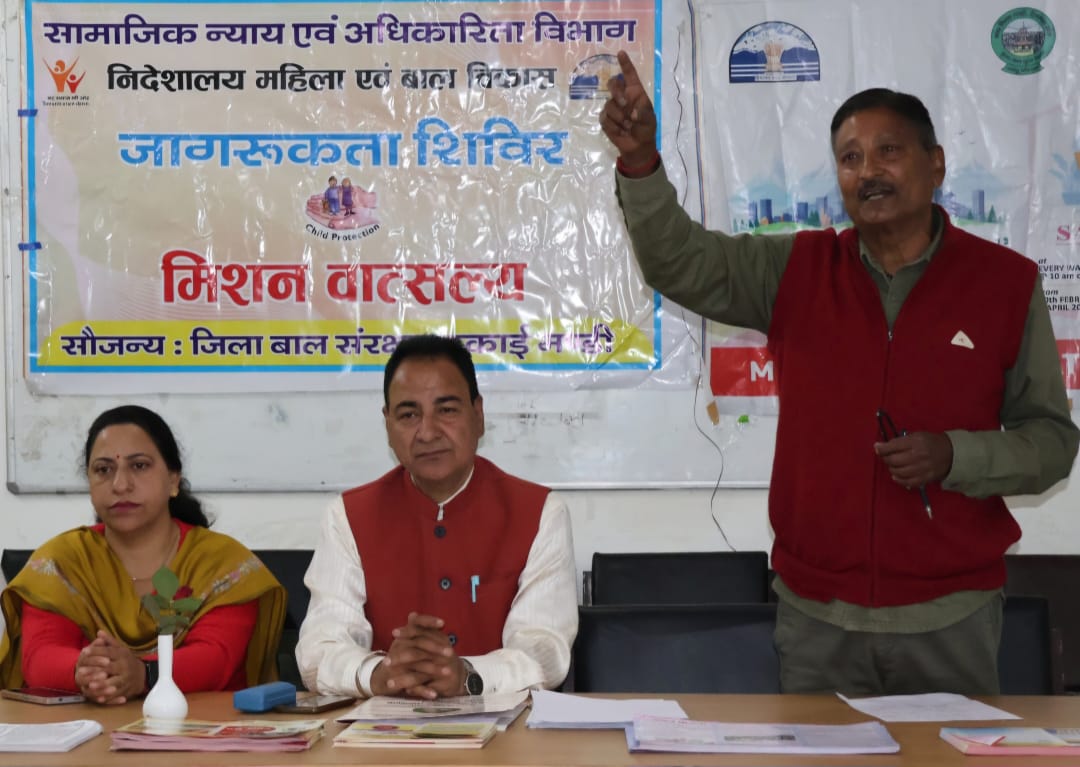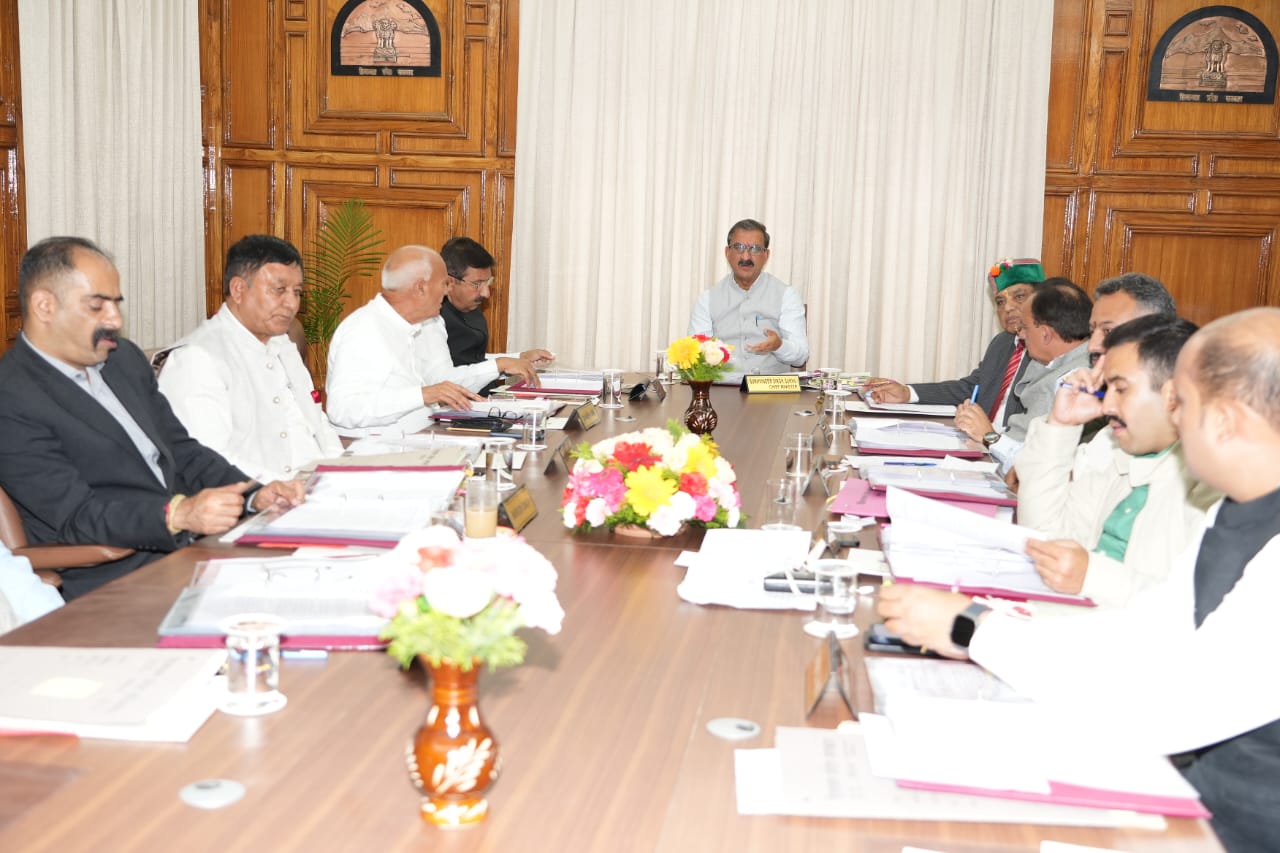Cholera Case Confirmed in Lebanon Amid Ongoing Conflict, WHO Activates Response Plan.
Lebanon:
The Ministry of Public Health in Lebanon has confirmed a new case of cholera in the Akkar governorate, marking the first instance since the previous outbreak ended in June 2023. This resurgence poses heightened health risks as the country grapples with ongoing conflict and deteriorating sanitation conditions.
Dr. Abdinasir Abubakar, WHO Representative in Lebanon, emphasized the alarm raised by the World Health Organization regarding the potential for infectious diseases like cholera to re-emerge due to poor water and sanitation infrastructure. “Our immediate focus now is to enhance surveillance and water sanitation conditions to interrupt transmission and prevent further spread,” he stated.
The current situation is exacerbated by the conflict, which has strained Lebanon’s already overburdened health system and increased displacement, further diminishing water and sanitation services. Overcrowded shelters are ill-equipped to handle the rising number of displaced individuals, heightening the risk of cholera transmission.
In response to the recent case, WHO has activated a comprehensive cholera preparedness and response plan. This includes enhancing surveillance, contact tracing, and environmental monitoring, as well as bolstering laboratory testing capacity. A shipment of essential health supplies, including cholera supplies, arrived in Beirut earlier this month to support ongoing emergency efforts.
Prior to this outbreak, the 2022-2023 cholera outbreak marked the first in over 30 years, resulting in 8,007 suspected cases, 671 confirmed cases, and 23 fatalities, primarily driven by economic decline and lack of access to clean water.
To mitigate future risks, WHO, in collaboration with the Ministry of Public Health and other partners, is exploring the introduction of oral cholera vaccines in high-risk areas. A preemptive vaccination campaign targeting 350,000 people in vulnerable regions had been launched in August but was interrupted by the recent escalation of violence.
WHO is committed to maintaining essential health services while supporting case identification and management in health facilities. Efforts will also focus on risk communication to educate the public on symptoms, risk factors, and preventive measures.
Through this comprehensive response plan, WHO and the Ministry of Public Health aim to limit cholera transmission and improve overall health outcomes in Lebanon.


